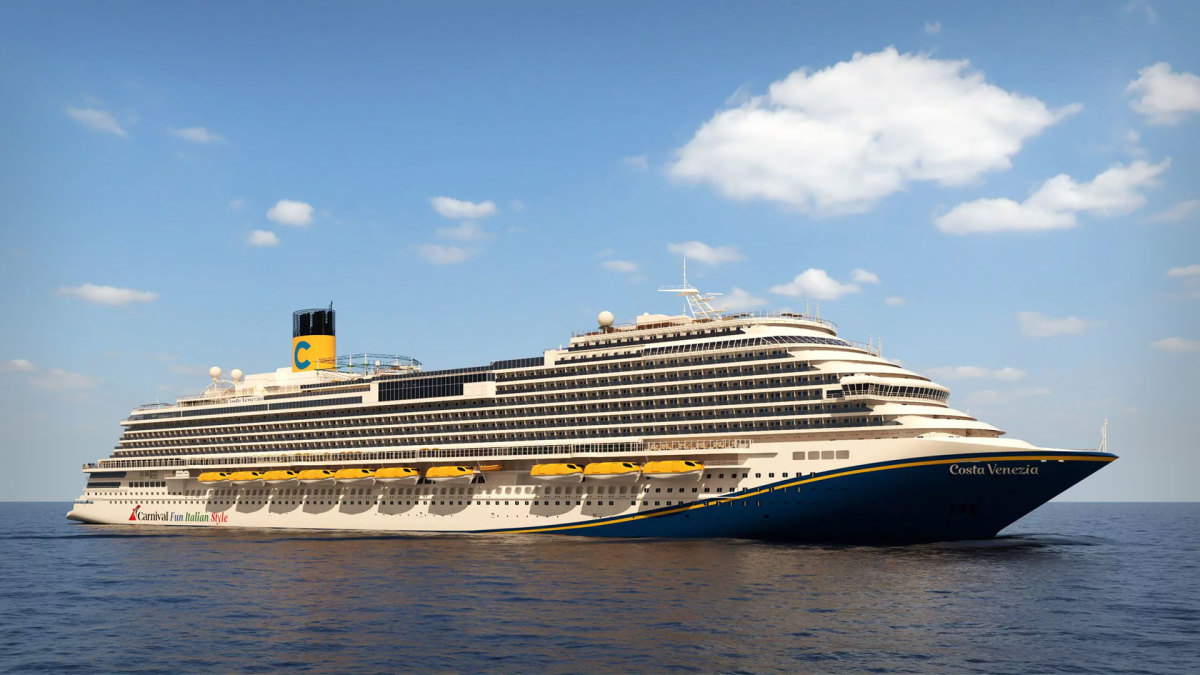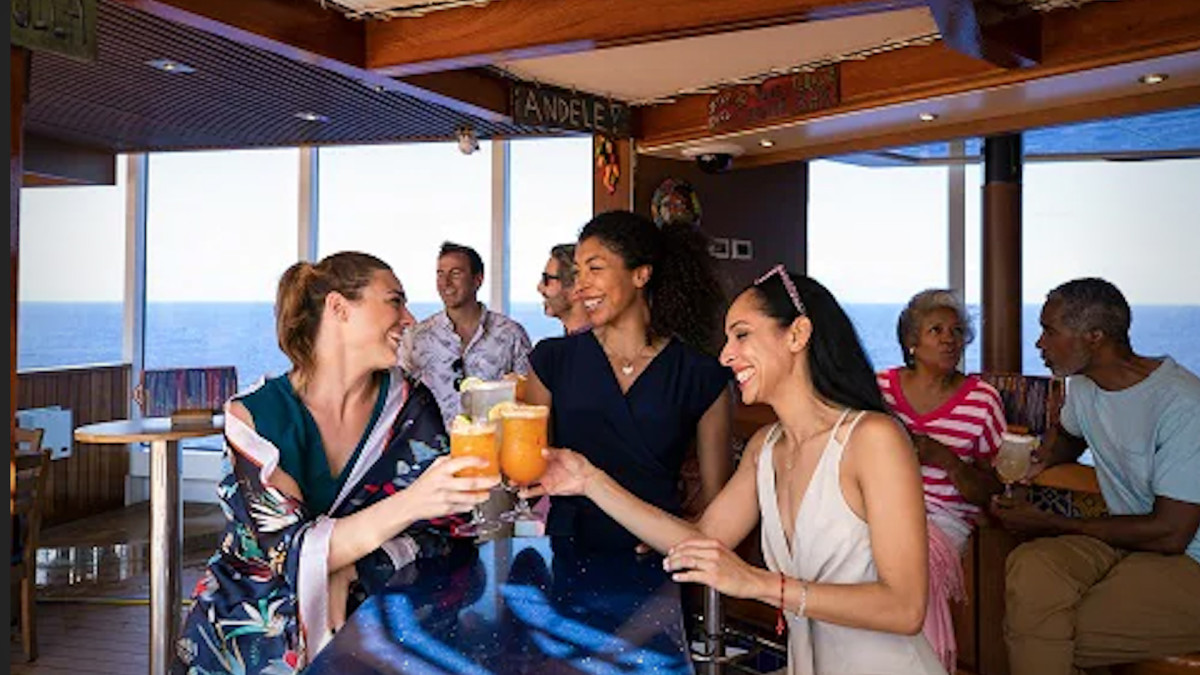
Most cruise line passengers understand that a cruise ship has different rules than a hotel. That's because, unlike hotels, cruise ships come in and out of different countries, and each destination has its own set of rules.
Carnival Cruise Line and its chief rival, Royal Caribbean Group RCL, which operates both its namesake and the Celebrity Cruises brand, generally follow U.S. federal law when their ships leave from a port in the United States. That includes have a drinking age of 21 and banning cannabis products.
Southwest Airlines has simple solution for major boarding problem
Related: Southwest Airlines has simple solution for major boarding problem
Both cruise lines have recently been more vocal about marijuana not being allowed on their ships. That's a policy that's surprising to some passengers because they live in a state where its legal and, in some cases, they have a medical card allowing them to have it.
Carnival and Royal Caribbean, however, both generally follow federal law. They also must follow the laws of any country their ships dock in. That's more an issue of making sure that passengers know what the rules are.
In Mexico, for example, the law forbids vaping in public spaces, which includes bars, restaurants, and beaches. Both Royal Caribbean and Carnival Cruise Line CCL have been warning passengers that violating those rules could lead to them being fined, or even detained, in Mexico.
Now, Carnival has shared a new port warning that may surprise some passengers because some ports ban something that's fully legal in the U.S.
The Arena Media Brands, LLC and respective content providers to this website may receive compensation for some links to products and services on this website.

Image source: Carnival Cruise Line.
Carnival shares important wardrobe warning
Carnival Brand Ambassador John Heald recently shared a note he received from a passenger that detailed a surprising (and troubling) situation.
On November 3rd while on Venezia I was marched back to the ship like a common criminal by the Barbados police! Why!!? Because I was wearing camo shorts and a camo backpack. Where was Carnival’s notice on this. Nobody told us at all. No compensation given. We were not rebels or terrorists to the government but were made to feel like we were.
Few Americans would consider that wearing camouflage would be illegal, but in some countries it is, Heald explained in his answer.
"Thank you and I am sorry that this happened and I will speak with the beards to see if we can add some kind of notice," he shared.
Camo or camouflage military style clothing is not allowed in:
- The Bahamas
- Jamaica
- Barbados
- Grenada
- St.Lucia
- Dominica
"There may be other places as well so I will check on this," Heald added.
Cruise passengers need to know local rules
Cruise lines generally communicate local requirements to passengers before their cruise and again on the ship. Generally, this is done vial emails, announcements on the ship, and in the daily schedule of activities (which can be viewed in each cruise line's app, and sometimes in a print version).
BOOK YOUR NEXT CRUISE NOW: Plan a dream cruise vacation at the best possible price.
Passengers, however, have to actively consume that information, and one of Heald's followers, Tami Spoeri, pointed out that the cruise line does share needed info before a port stop.
"I know on many cruises in the past we are told, many, many times over announcements, the Fun Times, and every time we went to a shopping show or anything else on that ship. We all just have to realize if he’s not gonna listen, he’s also not gonna read," he said.
She suggested that the cruise line keep an eye out for people whose attire violates local law as they leave the ship in port.
SAVE MONEY ON YOUR CRUISE: Let our travel experts get you booked and sailing.
Most people who commented on Heald's post had little sympathy for camo-clad passenger.
"John has mentioned this rule several times. I have seen it in the Fun Times. And as I’ve seen several posters who were on the same cruise as this person, it was announced many times," Carol Feather posted. "You’re in another country and it’s their rules, not Carnival. Take responsibility for your own mistakes and quit trying to get compensation. It was your fault."







